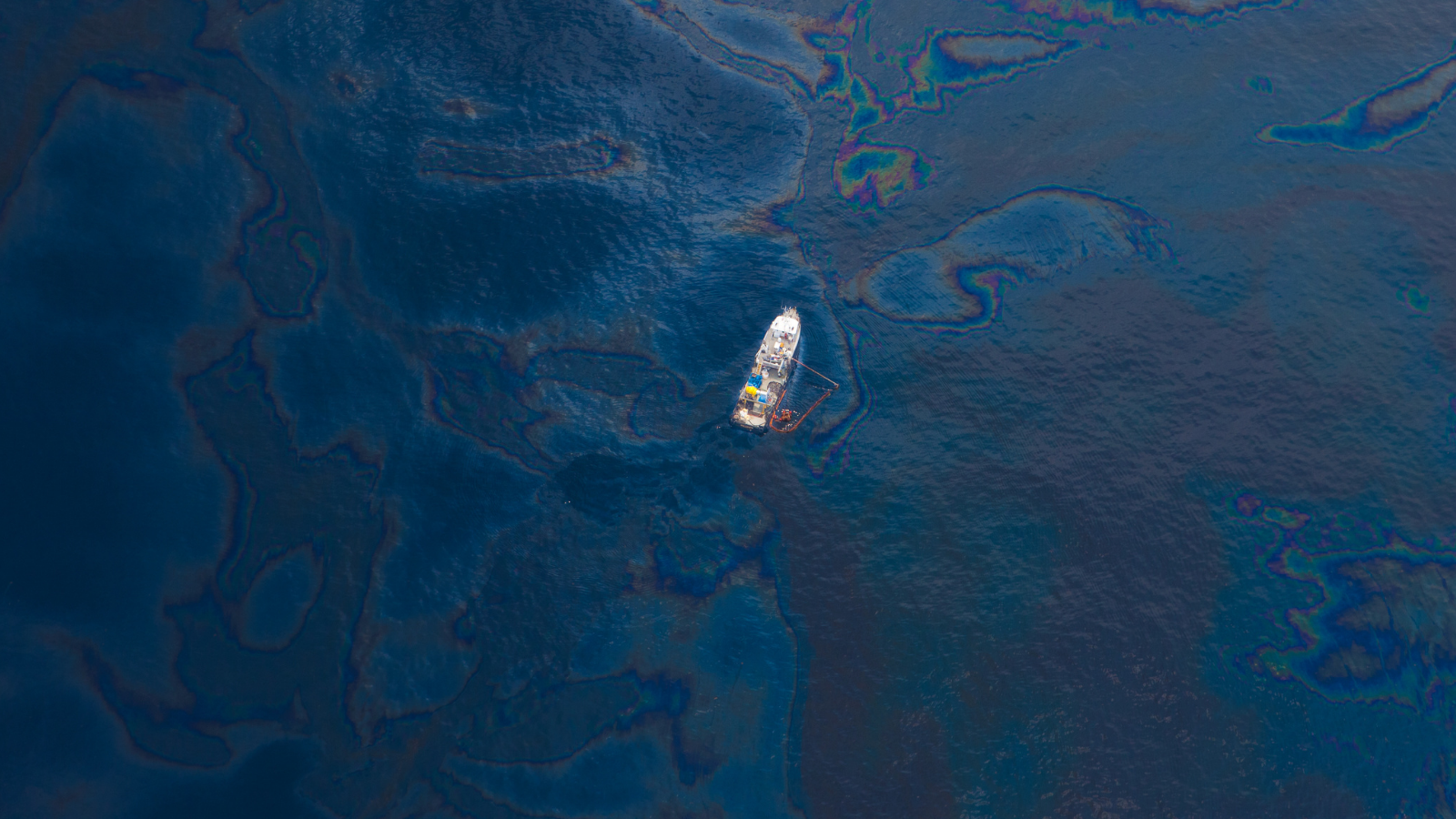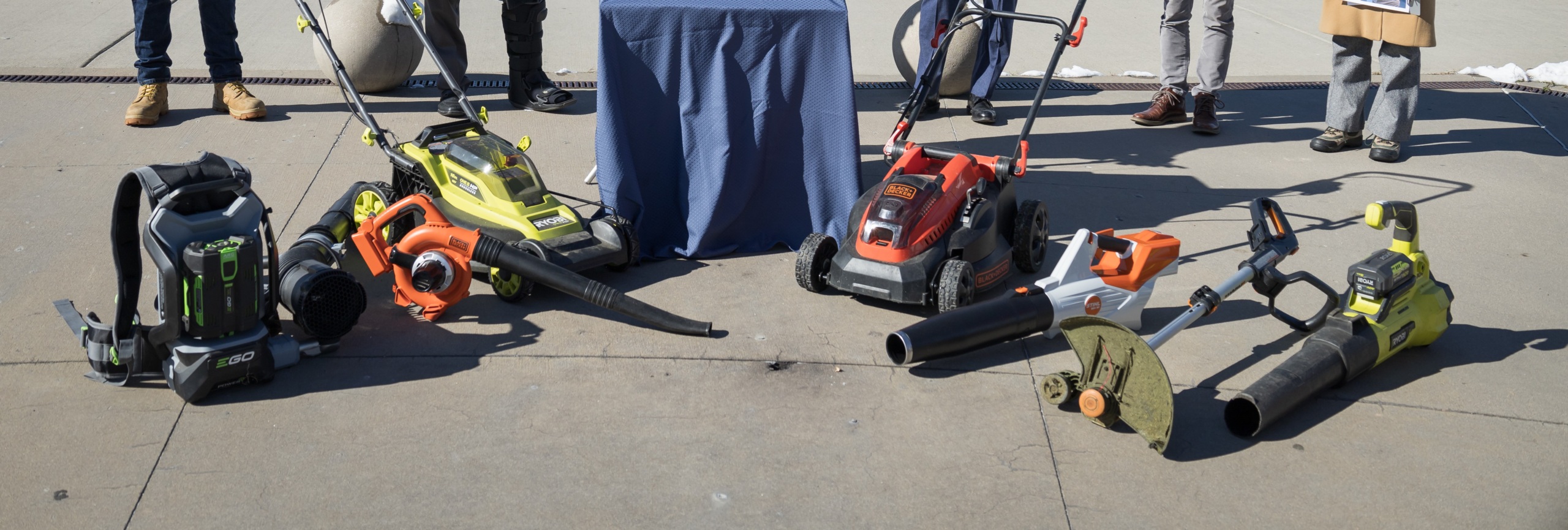How many more oil spills until we turn off the tap on fossil fuels?
It’s time to hold the fossil fuel industry accountable for its destructive practices and end its taxpayer-funded subsidies.

Thousands of gallons of oil spilled into the waters off of California’s Huntington Beach earlier this month, endangering wildlife and jeopardizing public health. Toxic fumes from the spill swept over the beach and traveled several miles. The beach was stained black with oil, with dead fish and birds washing ashore. Boaters, beachgoers and marine life were threatened with toxic fumes and the dangers of crude oil exposure in the immediate aftermath of the spill. Beaches were shut down for over a week, damaging businesses along the coast. The oil slick itself traveled 50 miles from the original site, washing up in San Diego County.
This is the latest evidence that when we drill, we spill. Not only do local communities have to pay the price, but taxpayer dollars are funding the industry responsible for this damage. The fossil fuel industry receives about $20 billion in subsidies every year to extract more oil and gas. These subsidies help build out more oil and gas infrastructure that ultimately puts our communities at risk, effectively funding spills like these and the irreparable damage to our environment.
Amplify Energy, the company whose oil spilled onto the beaches of Orange County, has received roughly $31 million in federal relief since 2016. The government gifted $20 million of the larger $31 million to the company because their wells were being tapped dry and no longer profitable. Even worse, the company will receive an $11 million tax break through 2022, which will generate an estimated $7 million in revenue. Essentially, taxpayer dollars are used to allow these companies to turn a more profit.
Not only are we paying for them to drill and create profits from pollution, but taxpayers are also being put on the hook for cleaning up the very pollution we subsidize. In recent years, we’ve seen a large number of oil wells that are nearing the end of their productive stage originally owned by large oil corporations being sold off to smaller companies to bypass the cost of decommissioning the wells.
Smaller-scale operators, similar to Amplify, have been taking these wells and producing as much oil as they can until it runs dry, at which point they have to pay for the decommissioning costs of the wells. However, because these smaller oil companies don’t have the financial resources to properly decommission the old oil rigs, they often declare bankruptcy and pass off cleanup costs to the state, and effectively onto taxpayers.
Taxpayers shouldn’t have to shoulder any of the drilling or cleanup costs, but the longer we leave them in the ocean, the more damage they will do. Abandoned, aging oil wells have been linked to increased spill frequency and are more prone to leakage.
So how do we fix this cycle? We need to start at the root of the problem: the government’s decades-long support of the fossil fuel industry. By publicly funding fossil fuels, we’re enabling the industry to carry on as is, providing financial cover to continue dangerous, harmful practices and leave their mess to us. It’s time to hold the fossil fuel industry accountable for its destructive practices and end its taxpayer-funded subsidies; it’s time to turn off the tap and stop pouring taxpayer dollars into a dirty, dangerous industry.
Topics
Authors
Alex Smalto
Find Out More

Bank of America said it would stop financing drilling in the Arctic Refuge. Now it’s backtracking.

Our 2024 priorities in the states

Lawn care goes electric

